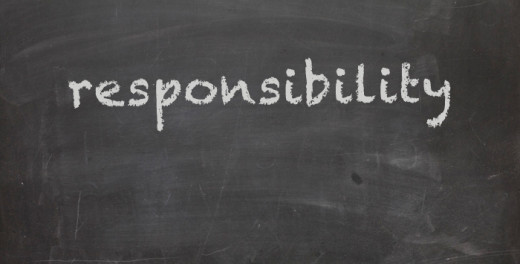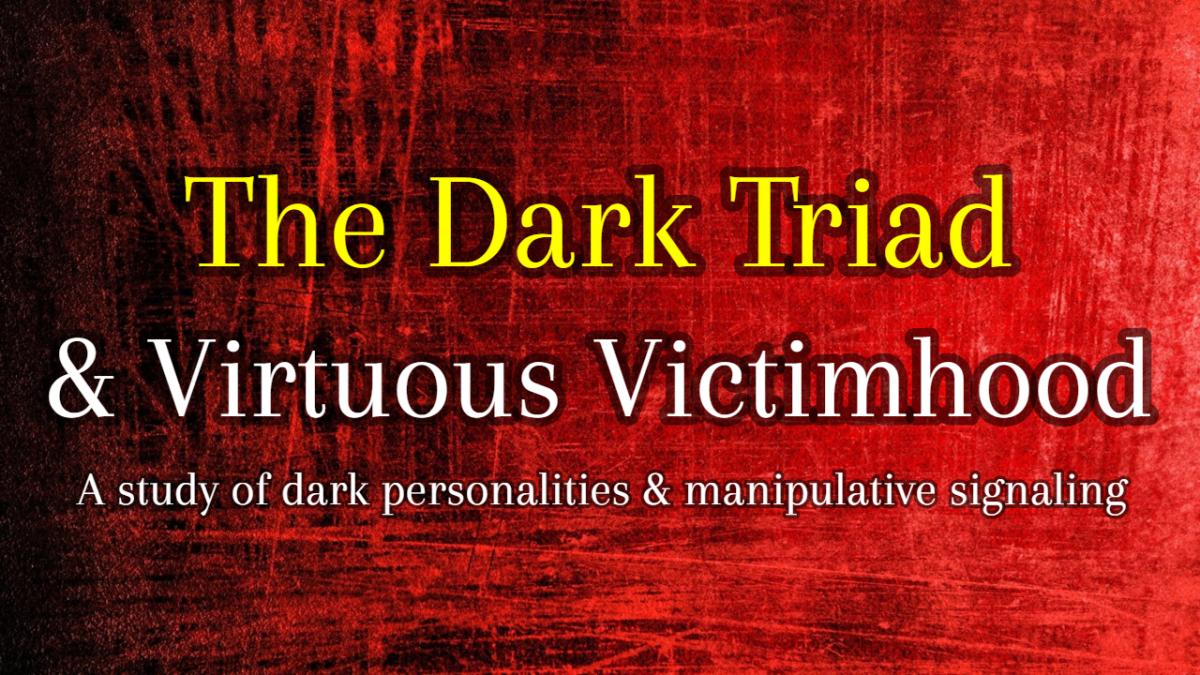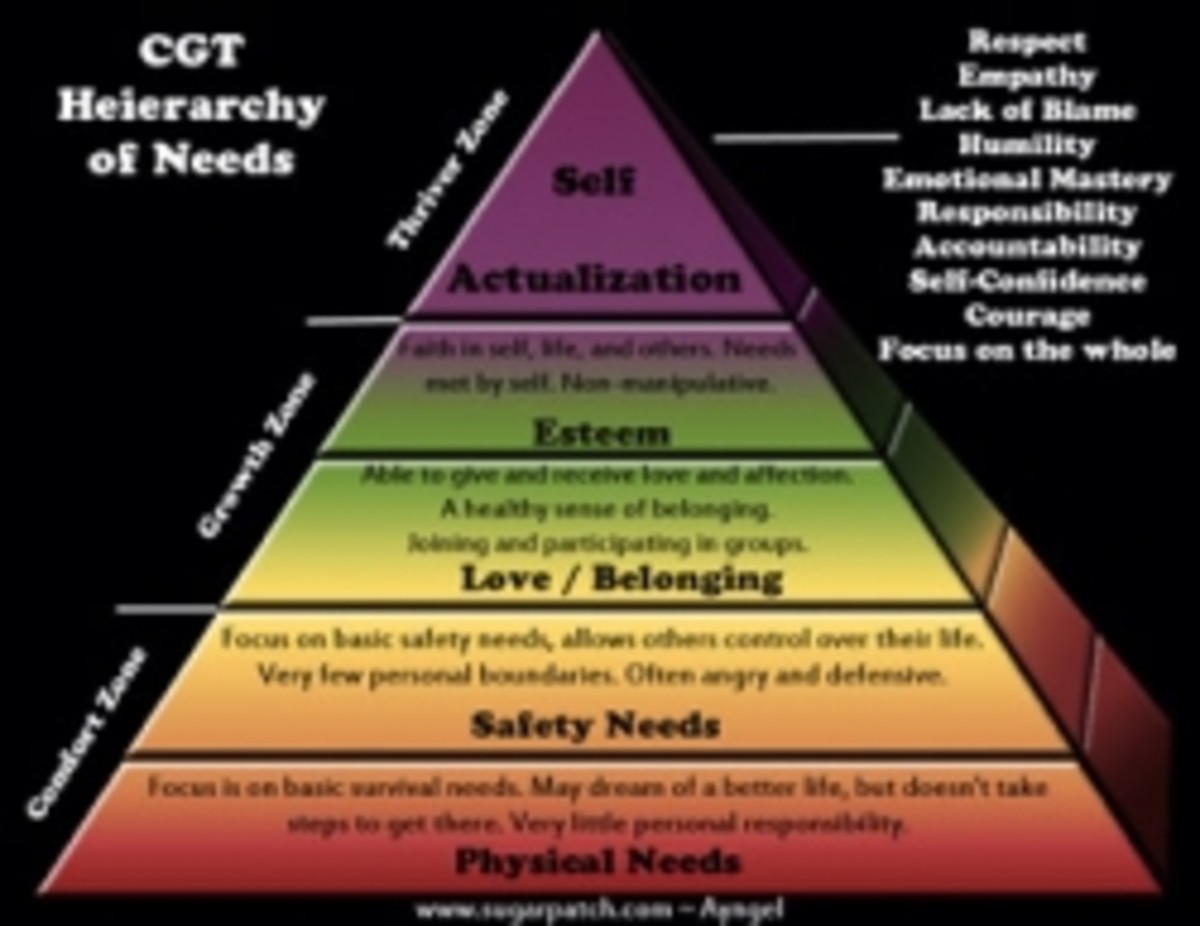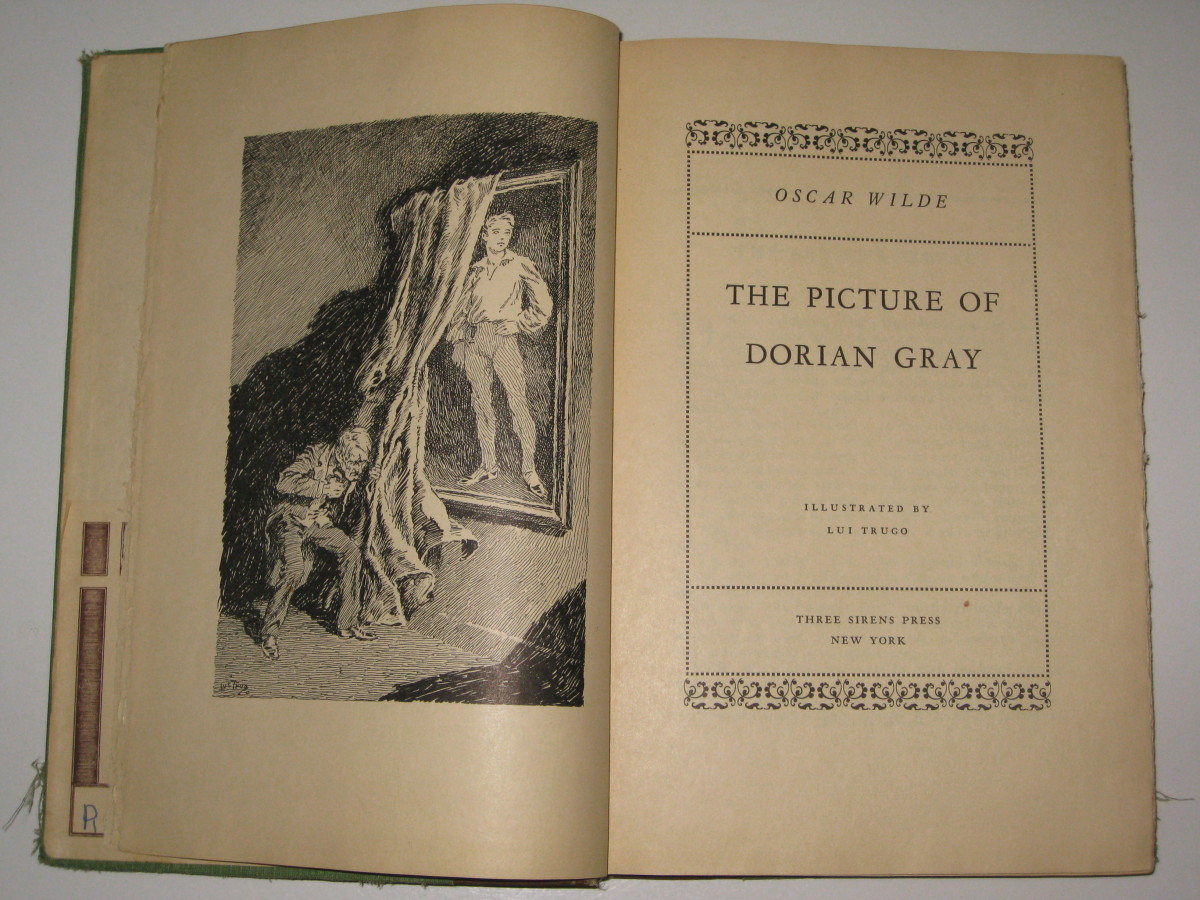The Elements of Personal Responsibility
Defining Personal Responsibility
Personal responsibility is the duty one owes to one’s self because it is in their greatest good. However, to avoid misunderstanding and obscurity, ‘greatest good’ is not synonymous with what ‘I want or need’. Instead, ‘greatest good’ is that which makes a person a great person; a ‘great person’ is congruent with a ‘virtuous person’ (Kraut, 2012). Thus, the duty one owes to one’s self is to act virtuous. Through this critical lens, personal responsibly is undoubtedly an inherent part of the agency/structure binary (Lulat, 2012). This definition and concept are extremely relevant to the institution of online learning and the success of its students.
What is Virtuousness?
Virtuousness is our duty – our ultimate personal responsibility – but what exactly is a virtue? A virtue is the right characteristic response to a specific sphere of action or feeling (Kraut, 2012). The right characteristic response is determined by finding the ‘mean between extremes’; for example, in a given situation that is located in the sphere of fear and confidence, the mean or virtue is courage, while the excess is rashness and the deficiency is cowardice – those are the extremes (Kraut, 2012). Finding the right virtue is great, but action is always required to develop and uphold a person’s virtuousness; this establishes a very active and ‘positive rights’ system of ethics.
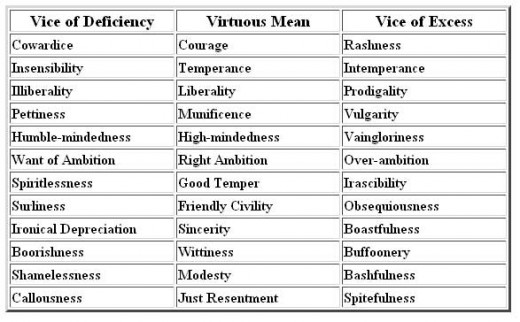
Agency versus Structure
Thus, in the agency/structure binary, acting virtuous strikes a healthy balance. Essentially, agency represents internal influence in decision making, whereas structure represents external influence in decision making. In order to be virtuous or responsible humans, we must be internally analytical and adaptable to the external constraints placed on us. This system rejects both pure volition and pure fate. In every situation, there will be a time or place when a person must depend upon themselves and another person to act virtuously, or when a person must depend upon themselves alone in the face of an opposition.
Students and Personal Responsibility
Thus, the importance of virtuousness or personal responsibility in an academic setting is quite recognizable. In academia, whether on-campus or online, requires a great deal of self-discipline in order to act virtuous in the face of all structural oppositions such as coping with student tuition in the face of a campus’ vulgar and tasteless spending or dealing with the boastful or insensible professors. However, students must also exhibit self-discipline and be virtuous in the face of their internal conflicts such as procrastinating, remaining trustful and truthful, and displaying a good temper and attitude.
The Force of Character is Cumulative
Finding the right virtue in the right situation and acting to resolve that situation are only the initial steps to success. Since this system always requires action in order to be responsible, being idle is noncontributing and counterproductive to success. Essentially, a person is not a courageous person if they only exhibited their ability to be courageous once, no matter how great and heroic it may have seemed. A great example of this concept has been showcased in recent news articles about a former Philadelphia police officer, honored as an American hero by President Obama, is being held on a $60 million bail after allegedly raping two women and assaulting another (Cheng and Johnson, 2013).
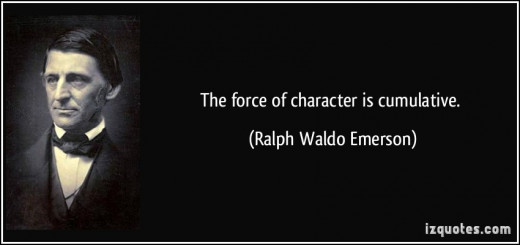
Making Excellence a Habit
Thus, a courageous person is someone who is habitually courageous –not letting any opportunity to act courageous slip through the cracks. Another example more relevant in higher education, a master student is someone who habitually and consistently completes assignments, contributes to class discussions, and produces intriguing essays, not someone who tastelessly contributes once a week and writes mundane, bare minimum quality essays. Thus, personal responsibility is being habitually virtuous in the face of all opposition.
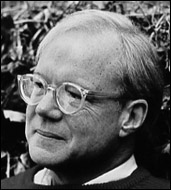
Dr. M. Scott Peck
Practicing virtue is not easy. Remember, virtuousness does not bend to ‘wants’ or ‘needs’- only excellence. It takes a great deal of self-discipline and self-awareness to develop virtue. However, this should not be discouraging. According to Dr. M. Scott Peck, the most important contributors to a successful life are self-discipline, an acceptance of responsibility, dedication to truth, and balancing conflicts (Peck, 1978). He says that “Life is difficult”, but it was never meant to be easy. Essentially we can capitalize his expertise in order to provide ourselves with a righteous path to follow.
Micheal J. Gelb
However, with the self-awareness to recognize where we are now, where we are going, and how we are going to get there, Peck’s guidance is ultimately stuck in a vacuum. To break through our ignorance and find self-awareness, we must re-sensitize our body and mind. From Micheal J. Gelb’s How to Think like Leonardo da Vinci (1998), readers are offered the Seven da Vincian Principles - Curiosita, Dimostrazione, Sensazione, Sfumato, Arte/Scienza, Corporalita, and Connessione – that cultivate a growing, balanced, self-disiplined mind that is dedicated to truth. Quickly to summarize each principle: Curiosita is an insatiably curious approach to life and an unrelenting quest for continuous learning; Dimostrazione is the willingness to learn from mistakes and test previously accepted beliefs; Sensazione is the refinement of the six senses to highten our awareness; Sfumato is the willingness to embrace ambiguity, paradox, and uncertainty; Arte/Scienza is the balance between imagination and logic or ‘whole-brain’ thinking; Corporalita is the refinement of the physical body, fitness, and health; Connessione is the recognition of the interconnectedness of all things (Gelb, 1998).
Throughout Gelb’s book, he offers readers many exercises and self-assessments that will ultimately aid in developing an increased awareness of ourselves. For example, an exercise to refine our Dimostrazione that is listed in his book is about learning from our ‘anti-role models’ by making a list of three people who have made mistakes that you would like to avoid (Gelb, 1998). Another example is an exercise called ‘mind mapping’ that can help balance our imaginative and logical thoughts – developing the Arte/Scienza principle (Gelb, 1998). By practicing these kind of exercises, we are increasing our self-awareness, self-disipline, and human potential for learning and developing virtuousness.

Summary
Ultimately, personal responsibility is our duty to act according to virtue. Acting virtuous in academia is very important for resolving internal and external struggles that will inevitably challenge us all. However, virtuousness must be exhibited habitually in order to be maintained. Maintaining and developing virtue takes self-discipline and self-awareness. These qualities can be understood using Dr. M. Scott Peck’s four contributors to a successful life, and be refined to perfection using Micheal J. Gelb’s Seven da Vincian Principles. Thus, the road to self-responsibility lies in re-sensitizing our body and mind, continual refinement and improvements of our abilities, and recognizing and acting on what we ‘ought’ to do rather than what we ‘want’ or ‘need’ to do.
